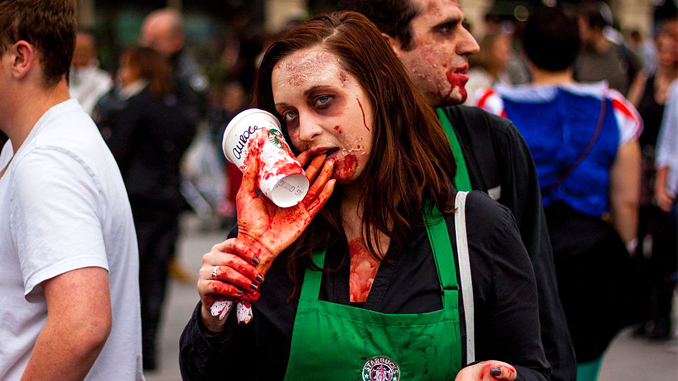
Most of us hope to have some sort of positive influence on society. Some of us attain it. And some, like Hugh B. Cave, attain it twice.
Born in 1910 and a natural storyteller, Hugh B. Cave was an incredibly prolific contributor to the early pulp magazines under a variety of names, including the playful “Justin Case”. It was only after World War II, however, that he left his greatest marks upon the world.
During World War II he was a journalist in the Asian theater, travelling to a variety of countries and islands and reporting on events for the American forces. After the war, having developed a taste for island living, he found a place to settle down: Haiti.
It didn’t last long. His journalist’s curiosity let him into conflicts with some of the locals as he investigated voodoo practices, and he was inspired to err on the side of caution rather than risk staying in a place where he had been targeted for violence. Within a few years he had moved to another island nation, Jamaica. There he took over a failing plantation and continued to write.
While previously his fiction pieces tended to focus on crime or traditional supernatural elements, his time in Haiti had left a deep impression and two elements crept into a preponderance of his fiction: voodoo, and zombies. From his bestselling The Cross on the Drum (1959) to short fiction and nonfiction which was selling in popular magazines, Hugh B. Cave was a driving force behind popularizing what had until then been a fairly obscure monster, the zombie. The contemporary version of brain-munching undead that has become so beloved was still a few years away (to be created by George A. Romero) but the shambling undead under the control of a voodoo master, that served as the inspiration for Romero? In the U.S. that was, in large part, Cave.
A strong link in the chain of a pop culture icon is a good legacy to have. But remember that plantation? It was in the Blue Mountains. Cave not only took it over but revitalized it with modern irrigation methods, with his success encouraging others to come along and grow the same crop he was. The yields were expanded dramatically, allowing for far greater exports than had previously been possible. Thanks to Cave’s efforts, Jamaican Blue Mountain coffee went from being a delicacy few could find and taste to one of the most popular high-end coffee varieties in the world.
Question of the night: What’s your favorite zombie story OR what’s your preferred cup of coffee?
